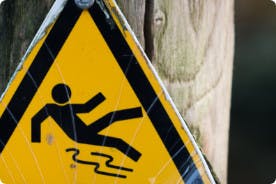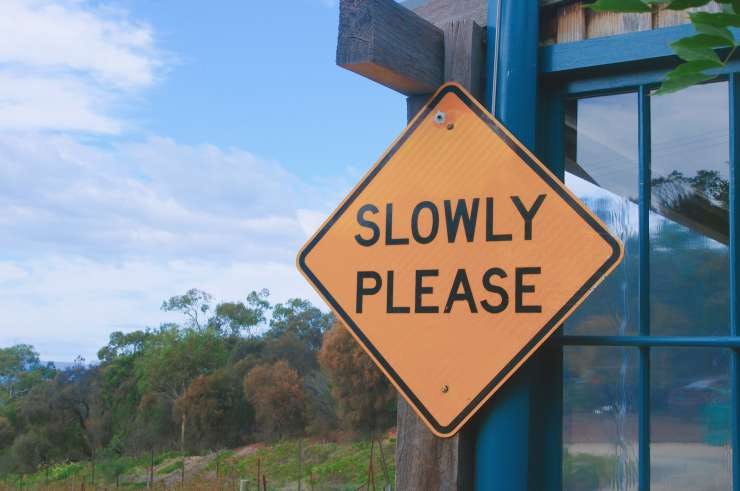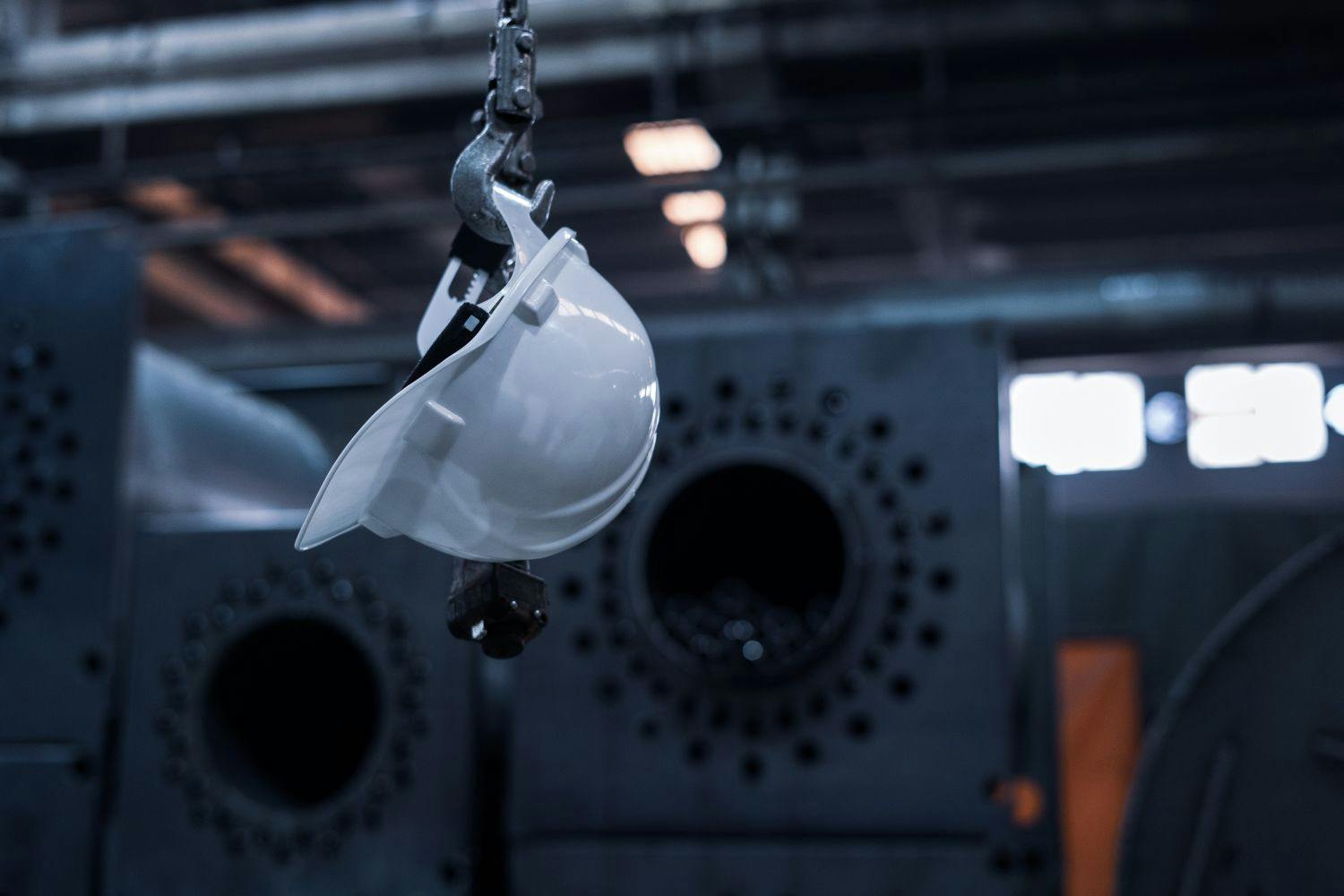First published on Friday, Mar 18, 2022
Last updated on Tuesday, Jun 18, 2024
Fatal accidents at work are one of the most difficult matters you may have to deal with.
As an employer, you have a duty of care to your employees. This includes protecting their health and safety, by providing a safe work environment.
If an employee died because you failed in your duty of care, you may be fined or at worst, sent to prison.
In this guide, discover what to do when there’s a death at work, what the main causes are, and whether an employee can take time off to grieve.
What is a Fatal Work Accident?
A fatal accident at work is one that leads to death within one year of the accident occurring.
These types of accidents are usually someone other than the deceased’s fault. As an employer, you have a duty of care to provide a safe work environment.
To understand how to provide a safe workplace, you should be aware of what could cause a fatal accident at work.
What are the main causes of death at work?
The main causes of death in the workplace come from serious accidents.
In recent years, accidents are decreasing as more emphasis has been focused on health & safety in the workplace. But there are still areas that need attention.
Although the main causes of death at work are accidents, natural causes and violence are quite common as well.
Common workplace accidents include:
- Falls from a height.
- Struck by a moving vehicle.
- Struck by moving object.
- Trapped by something collapsing.
- Misuse of machinery.
There are a few ways you can reduce accidents at work, such as:
- Creating a safe work environment: carrying out regular risk assessments.
- Ensuring all employees are regularly trained (ensure this training is updated annually).
- Using Personal Protective Equipment.
What Are the Legal Protocols on Work-related Deaths?
All workers and employees are protected by the law at work.
Reporting of Injuries, Diseases and Dangerous Occurrences Regulations 2013 (RIDDOR) is the law that requires all employers to report and keep records of the following:
- Work-related accidents that lead to deaths.
- Work-related accidents that lead to serious injuries.
Only employers, self-employed and people in control premises at work should submit reports under RIDDOR.
What to Do When an Employee Dies at Work
Dealing with death at work is never easy. It can affect other employees and the workplace in different ways, so it’s important to be supportive.
If an incident does occur at work, you must call the emergency services first. Make sure you don’t move the body before they arrive.
As an employer, you need to:
- Inform your staff about the death, in a caring and sensitive way.
- Provide bereavement support to those affected.
- Contact the deceased’s family or next of kin.
- Demonstrate to staff how condolences will be sent.
Before you tell your other employees, speak to the employee’s family to see what they’d like you to tell people. This way you can be supportive during this difficult time.
Death at work benefit
When an employee dies during work, you can offer death at work insurance. This is a tax-free payment offered to the family or dependants of the deceased employee.
The payment will go through a discretionary trust, which prevents it from going through inheritance tax.
The family may receive the payment anywhere between 14 to 30 days, depending on your business’ policies.
As an employer, you may be required to have liability insurance. This protects you against legal claims revolving around workplace death and serious illness.
Taking time off work after a death
If there is a death at work, you should expect your employees to need time off.
Grief can affect people in different ways, so you need to be supportive. To help your employees deal with this unpleasant incident, you could:
- Communicate with your staff and see how they’re doing.
- Signpost staff to any support that’s accessible.
- Talk about using sick leave, a holiday request form, or unpaid leave to cover their time off.
If the person who died isn’t a family member, you may not be able to offer paid leave for bereavement.
Manage Fatal Work Accidents with BrightHR
Death at work is difficult to deal with and should be handled with the utmost respect.
As your duty of care, you need to make sure your employees and the family of the recipient are supported in this time.
If mishandled or your business has committed an offence, you could receive a hefty fine or even be sent to prison.
BrightHR can help you manage a death at work with our BrightAdvice employment law helpline. Don’t hesitate to call us if you need any help with improving your health & safety at work.
Book in a free demo today or give us a call on 0800 783 2806









